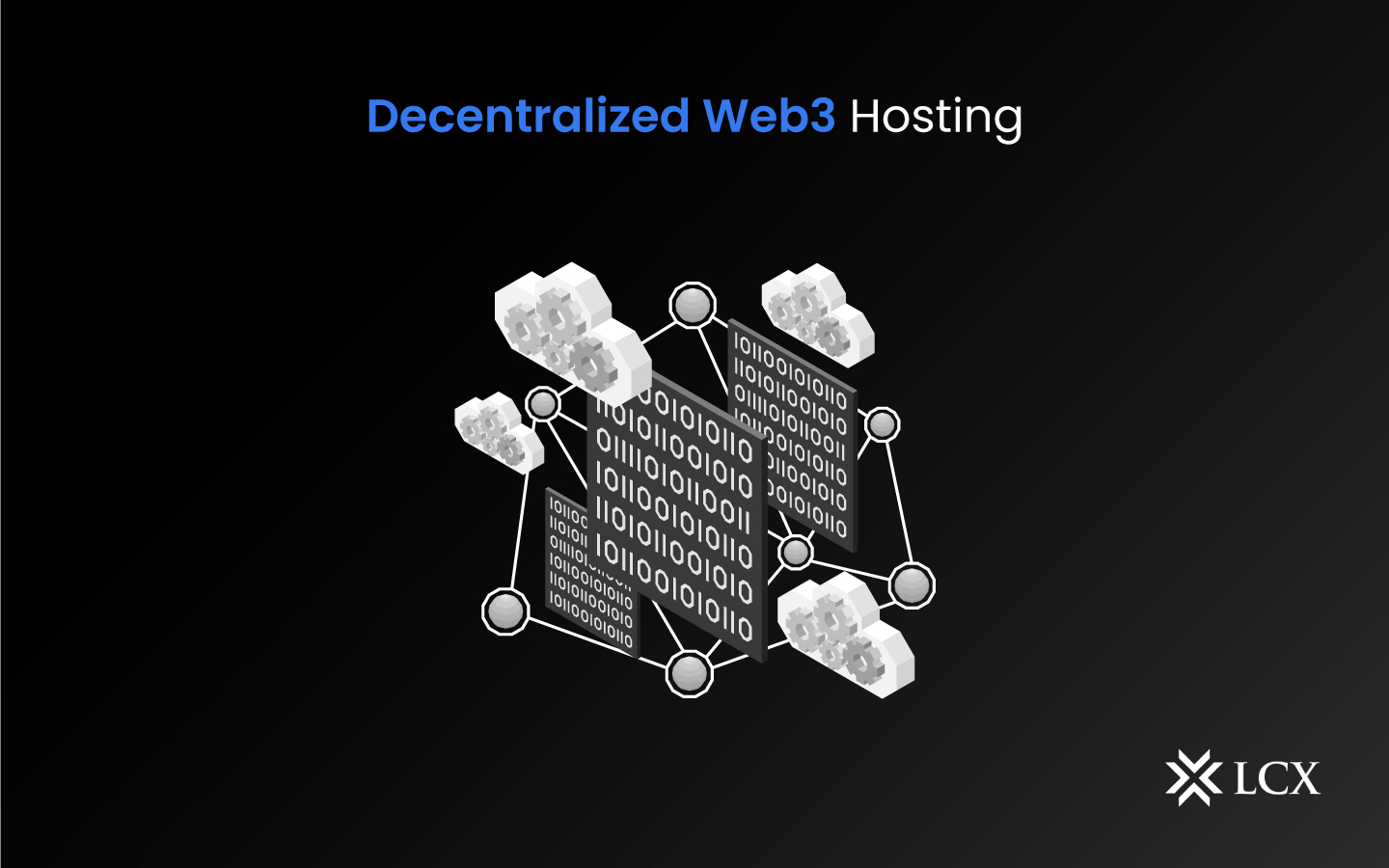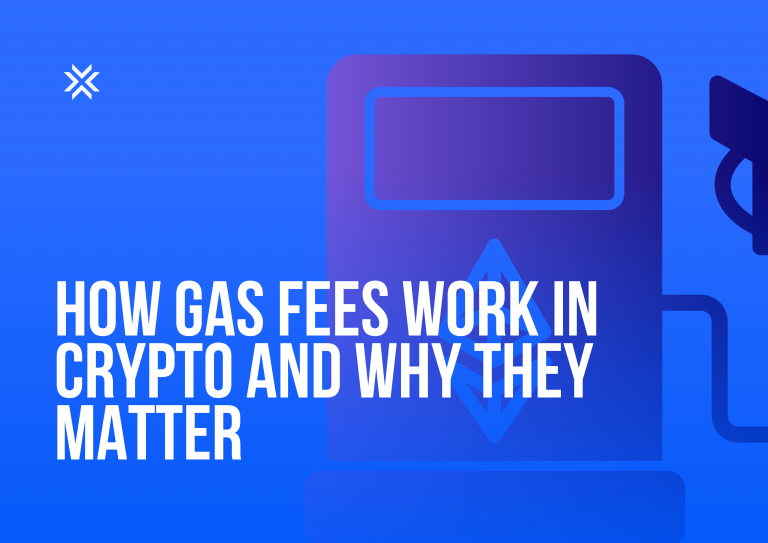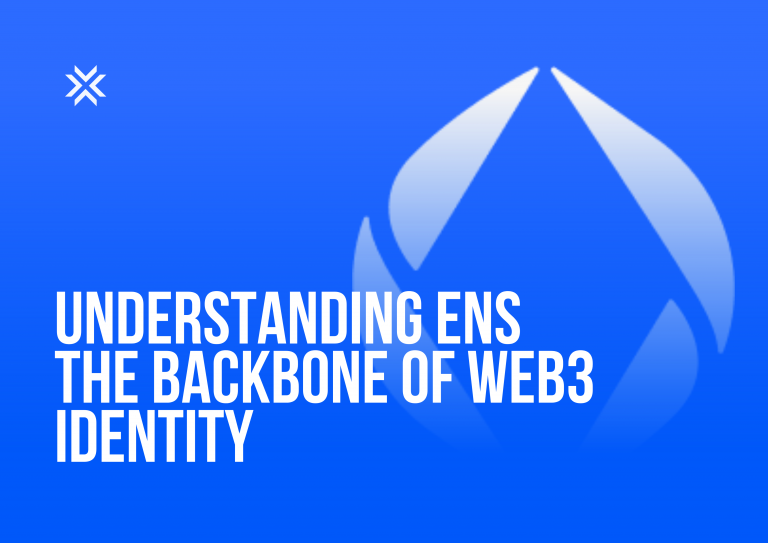The internet is a vast network of interconnected computers that allows us to access and share information across the world. The centralized nature of the Internet means that all data is stored on servers owned and controlled by a few large corporations, making it vulnerable to censorship, surveillance, and hacking. To address these issues, a new type of internet is emerging called the decentralized web, or Web3, which is built on blockchain technology. Instead of centralized servers, the decentralized web relies on decentralized networks to preserve and authenticate the data’s integrity. Using peer-to-peer (P2P) networking, cryptography, and the blockchain, decentralized websites provide a more private, secure, and censorship-resistant alternative to the conventional web.
What Is Decentralized Web Hosting?
Decentralized web hosting is a critical component of Web3, where individuals can host websites, applications, and other digital content without relying on centralized servers. Instead, decentralized web hosting relies on a network of distributed computers, also known as “nodes,” to store and deliver content to users. This peer-to-peer network eliminates the need for a centralized server and provides greater security, privacy, and control over data.
In a standard network configuration for hosting websites, a web server distributes website files to consumers. This removes the freedom that the World Wide Web initially offered by allowing larger organizations or governments to determine what content is displayed. This gave rise to decentralized web hosting, a novel method for hosting websites in which website files are stored on multiple nodes or computers as opposed to a central server.
In a decentralized web hosting system, each node is responsible for storing a small portion of the data, which is encrypted and replicated across multiple nodes in the network. When a user requests access to a particular piece of data, the decentralized system retrieves it from the nearest available node and delivers it to the user. This process is known as “content delivery” and ensures that data is available quickly and efficiently.
With decentralized web hosting, security, redundancy, and censorship resistance are enhanced. Decentralized web hosting uses blockchain technology, peer-to-peer networks, and other distributed systems to ensure that website files are always accessible, regardless of network outages or other disruptions. Web3, also known as decentralized hosting, is significant because it represents a fundamental shift in the way websites and web applications are hosted and accessed. The traditional model of web hosting has several drawbacks, including the possibility of downtime, security flaws, and the risk of censorship or control by third-party intermediaries.
Benefits of Decentralized Web Hosting
Decentralized web hosting has several advantages over centralized web hosting, including increased security, lower costs, and greater control and privacy. Decentralized hosting provides increased security for users and website proprietors. Spread across a network of nodes, website files are more resistant to hijacking and server outages than centralized servers. The absence of a single point of failure reduces the likelihood of data breaches and other security hazards.
To elaborate, one of the significant advantages of decentralized web hosting is its resilience to censorship and hacking. Since data is distributed across multiple nodes, there is no single point of failure, making it difficult for hackers to compromise the entire network. Additionally, since there is no centralized authority controlling the network, there is no single entity that can impose censorship on the content hosted on the network.
Another significant advantage of decentralized web hosting is the greater control it provides over data. In a centralized hosting system, users have little control over their data, which can be subject to surveillance and data breaches. In contrast, decentralized web hosting allows users to maintain full control over their data, including who can access it and under what conditions.
Finally, decentralized web hosting can also provide greater privacy for users. Since data is encrypted and distributed across multiple nodes, it is challenging for anyone to track or monitor user activity on the network. This increased privacy can be particularly beneficial for individuals living in countries with strict government censorship and surveillance.
Challenges Concerned With Decentralized Web Hosting
There are several challenges associated with decentralized web hosting, such as technical, infrastructural, and regulatory hurdles. Decentralized hosting requires a level of technical expertise that many website proprietors may lack. Decentralized websites can be more difficult to set up and maintain than conventional hosting services.
In addition, Web3 hosting uses a network of nodes to store website files, but these nodes may be subject to capacity and performance limitations. This may result in delayed website load times and reduced scalability compared to centralized hosting. Decentralized hosting is a relatively new technology, so there is currently little agreement on protocols and best practices. This could make it more difficult for website proprietors to select a decentralized website hosting service that meets their needs.
The legal and regulatory environment for decentralized hosting is still evolving for website proprietors and decentralized website hosting service providers, which may lead to uncertainty. Before selecting a decentralized web domain, liability, data security, and other legal concerns must be addressed.
Centralized vs. Decentralized Web Hosting
Centralized and decentralized web hosting are two distinct methods of website hosting. Here are the principal distinctions between the two:
| Centralized Web Hosting | Decentralized Web Hosting | |
| Control | With centralized hosting, the website owner typically has less control over the server and infrastructure | With decentralized hosting, the website owners have more control over their own data |
| Ownership | The hosting provider owns the infrastructure | The infrastructure is distributed among network participants |
| Single point of failure | Relies on a single server, which can create a single point of failure, if that server goes down | Distributes the website across multiple nodes, reducing the risk of a single point of failure |
| Security | It is vulnerable to hacking and data breaches | Offers more security through encryption and distribution of data |
| Cost | Often more affordable than decentralized hosting | Can be more expensive due to the need for specialized infrastructure and technical expertise |
| Scalability | Easier to scale up or down | May require more complex infrastructure to accommodate growth |
Conclusion
Decentralized web hosting facilitates a more open and democratic Internet in which users have greater control over their data and avoid the privacy and security concerns associated with centralized hosting. The growing interest in blockchain technology, the development of decentralized infrastructure, the increased adoption of peer-to-peer networking, the rising demand for privacy and security, and the emergence of decentralized social media platforms are some of the most influential trends and developments shaping the future of decentralized web hosting. Decentralized web hosting is appealing to many consumers because it offers a safer and more private method of storing and distributing data. As a result of its enhanced security, dependability, and data control, decentralized hosting will likely become an increasingly popular option for businesses and individuals in the future.










